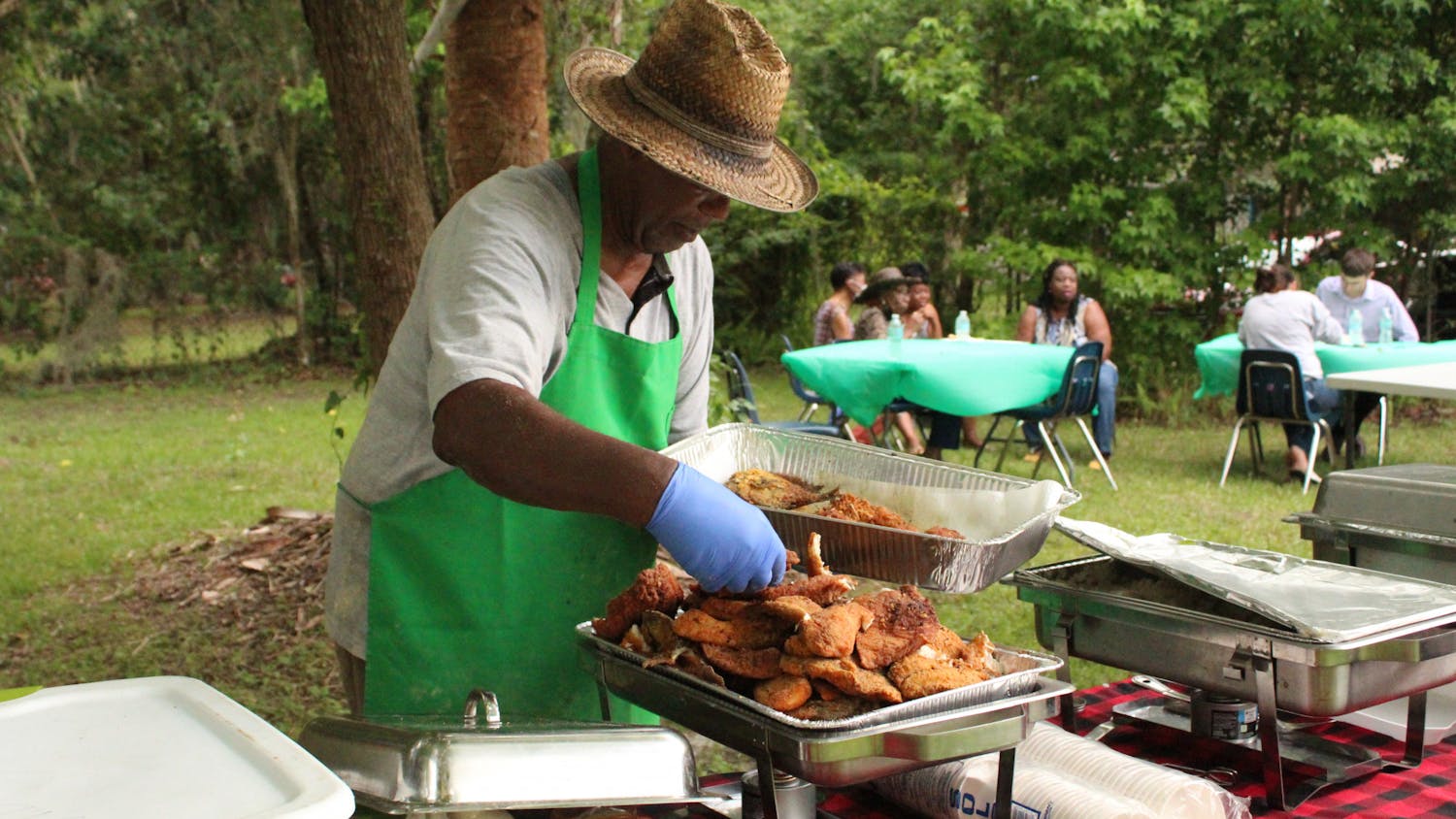If there is one thing we, as a nation, need to start picking on, it's homeless shelters.
If we don't get these so-called "charities" under control, we will be facing a fiasco that Enron execs would call too risky.
Google it, freshmen.
To the pleasure of many activists on campus and around Gainesville, the city voted Thursday to end the 130 meal-limit placed on all soup kitchens in the area.
This long-standing issue finally seems to have reached a conclusion we can support.
Now, soup kitchens in Gainesville will be given a three-hour window to serve as many people as they can reasonably fit into their space.
Although the limit had been on the books for a while, the city started enforcing it in 2009 when local developers began to complain that the St. Francis House, a shelter and soup kitchen on South Main Street, was serving more than 130 people a day.
Well, how dare they?
Though Gainesville's homeless population is significant, the homeless aren't known for being violent.
Supporters of the limit also argue that the population creates an eye sore and might be unattractive to their patrons.
The St. Francis House legally obtained its space and should be able to use it as it sees fit.
Local residents and businesses should not be using the government to force nonprofits to behave in ways that make themselves more comfortable.
The St. Francis House, like other soup kitchens in the area, does not receive funding from local governments. Nonprofits should not be restricted by many rules and regulations, especially when their mission is anything but malevolent.
While this may not have been part of the debate, one has to wonder why governments require places like soup kitchens to meet so many licensing requirements just to open their doors.
Surely someone who goes through the trouble of purchasing a space and cooking hundreds of meals a day to feed the homeless isn't looking to cause any trouble. Their whole goal is to help people.
At its most fundamental level, the purpose of government is to protect us.
Who is really protected by these burdensome steps required of philanthropists and charities?





